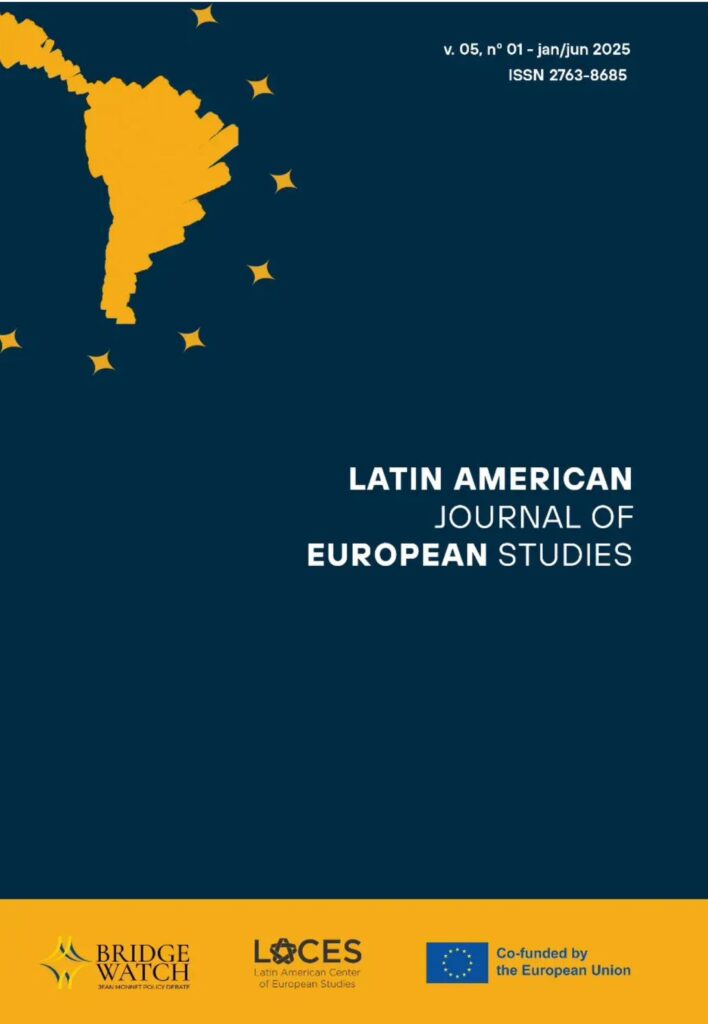Human rights, private law, fundamental, conventional.
Abstract
The “constitutionalization” of private rights has been strengthened in recent years. We will exemplify this work with consumer rights, as a paradigmatic example of the rights of today’s consumer society. Having clarified this “fundamentalization” of private law, we will highlight the trend toward the acceptance of a “conventionalization” of private law. This implies the consequent export of principles and standards from international human rights law to private law, for example, consumer rights. And, having established the above, the main objective of this work is to propose an inverse view of the connection between international human rights law and private law, that is, the influence of the latter on the former, enabling us to question a new hypothesis of “privatization” of passive legitimacy in the control of conventionality. In other words, a symbiotic feedback loop is taking place, and human rights law must begin to be “privatized,” emphasizing the idea of responsibility and, eventually, passive legitimization of companies.


